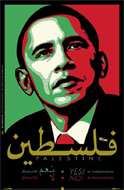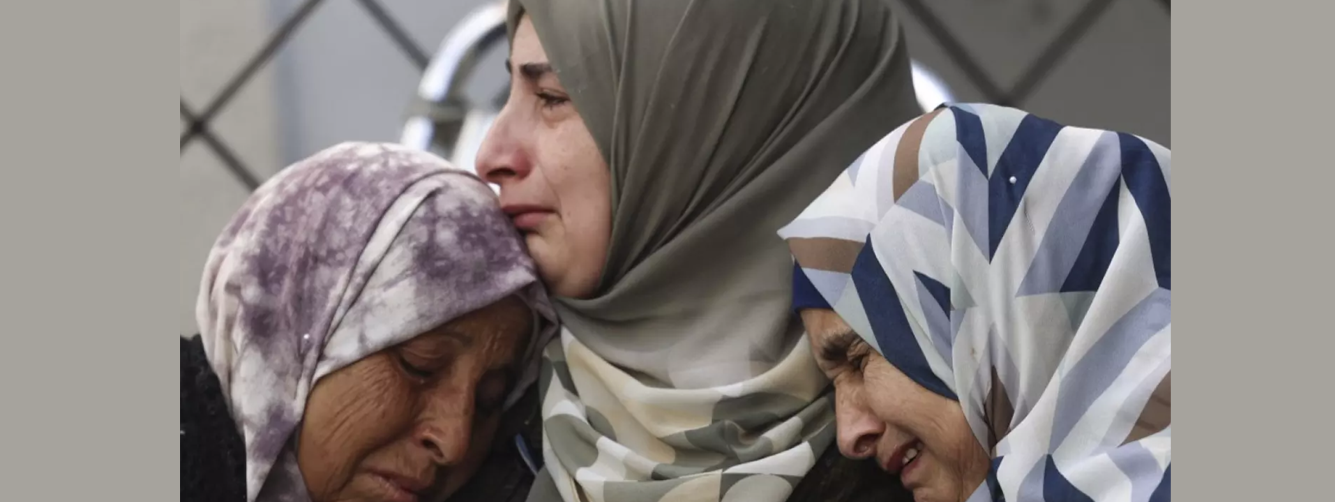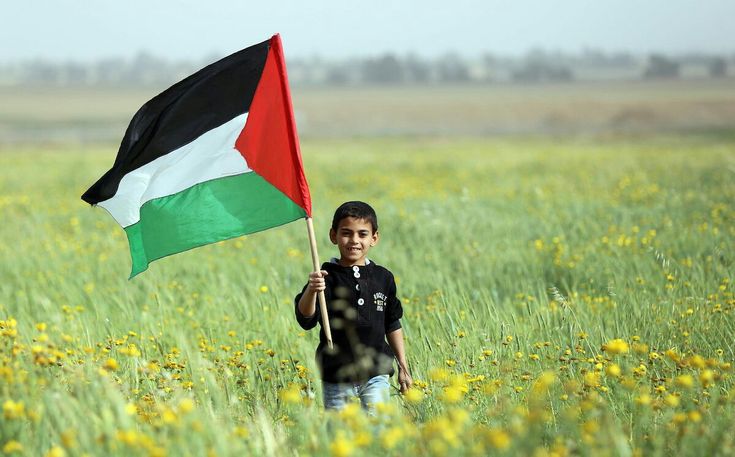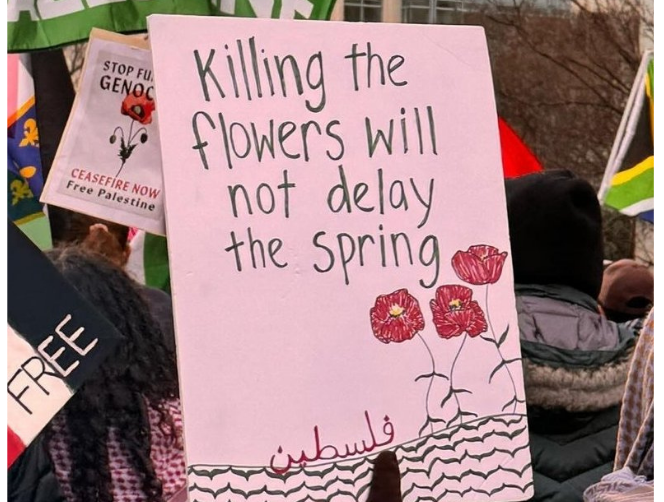
People say everyone in the world should have a say in US Presidential elections. As the only remaining superpower, a military and economic giant, the United States influences global politics and economics like no other country. Some would say their style of leadership in global affairs is rather dictatorial, a type where as the only superpower they can coerce, unilaterally punish and pursue their interests and get away with it. Americans of course would disagree and say theirs is leadership by example, based on universal principles of democracy, justice and human rights. However the type of leadership, people in different corners of the world were paying attention to the election campaigns and waiting to hear who won the presidency and what that would mean for their region or respective countries. Palestinians were no different.
While many Palestinians criticized President Obama for vetoing their bid for statehood at the UN last year and his unfulfilled promise to pressure Israel in realizing the two-state solution in general, seeing Mitt Romney as the next US president with unequivocal support for Israel and the declaration of Jerusalem as the capital of Israel was definitely something they were not looking forward to. The timing of the results of the US election also coincide with the planned UN General Assembly vote on the Palestinian status upgrade to non-member “observer state”. If the bid gets a majority vote in the General Assembly where there are already 128 countries out of 193 which recognize Palestine as a state, Palestinians would be able to access institutions such as the International Criminal Court for the various crimes committed by the Israeli occupation.
The decision to head to the UN General Assembly for this cause has been pronounced a “unilateral action” by both Israel and the US, which they say undermines the (halted) peace process. In addition to being committed to non-violent resistance, Palestinians have repeatedly tried to convince Israel that their bid for UN membership or status upgrade is more about them than Israel. In the words of PLO Executive Committee member Dr. Hanan Ashrawi,”Declaring independence as a state is a sovereign decision and the right of all nations: it is something which, throughout history, has never been negotiated bilaterally. This declaration of independence is naturally a unilateral step".
But Israel, acting like a teenager in high school who thinks everything is about them and that world is against them, is threatening to “punish” Palestinians if they proceed. For Israel, even President Mahmoud Abbas who is himself a refugee from Safad from the 1948 war saying “Palestine now for me is the ’67 borders, with East Jerusalem as its capital. This is now and forever … “ was not enough of an assurance. The statement the President made was criticized by Palestinians who felt it was a concession on the right of return – “the holy grail of the Palestinian cause”. Whether it was an unnecessary concession or a needed stretch for peace, the Netanyahu government didn’t take it well. It reacted with insolence and announced its plans for the expansion of Jewish settlements of Pisgat Zeev and Ramot by more than 1,200 housing units on annexed Palestinian land.
While Jewish settlements are growing, so is the number of Palestinian refugees and internally displaced people. Because of the Nakba and continuous Israeli forced eviction and land expropriation, there are more Palestinians abroad (Diaspora) than in Palestine (West Bank and Gaza). The UN estimates that one in three refugees worldwide is a Palestinian. Being a refugee or being born to refugee families is not a head-turner in Palestine unfortunately; neither is it the fate of the very few. Even after so many years, most families still own the keys of the houses they left in the wake of the war. And more than the keys, they have kept the memories of their homes in their minds, carrying in their hearts the hope that they will one day return to their house or at least to the land where it once stood. They dream of the day when they can go to their village where they grew up or where their parents have told them so many stories about and perhaps find their homes the way they left them all those years ago.
Of course many of those villages have been completely destroyed and replaced by Jewish neighborhoods, institutes, roads or forests. But the question still remains; will they ever get to see the land not only as tourists but as people who have legitimate claims to it? Will there ever be a memorial, a formal apology and compensation? Palestinian refugees have waited this long hoping the answer to these questions will someday be a YES. And perhaps with a second term in office President Obama will also dare to make history and stand on the side of justice rather than as a geopolitical ally [of Israel] which tirelessly breaches international law. So Mr. President, can Palestinians “hope” for justice and look “forward” to their freedom in your second term?
Melkam Lidet is a Writer for the Media and Information Department at the Palestinian Initiative for the Promotion of Global Dialogue and Democracy (MIFTAH). She can be contacted at mid@miftah.org.







